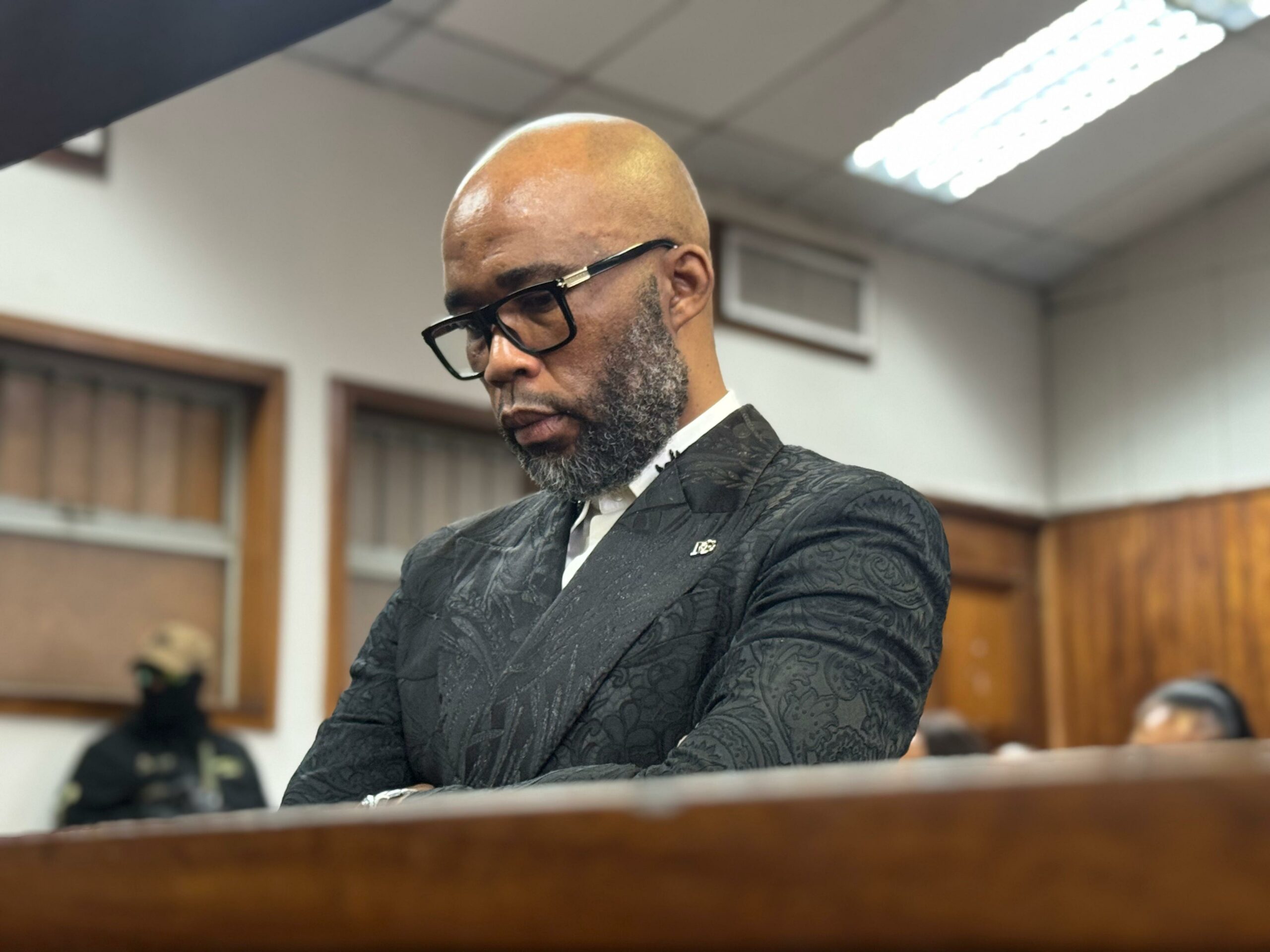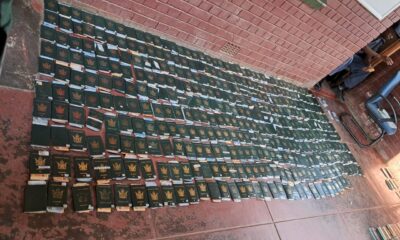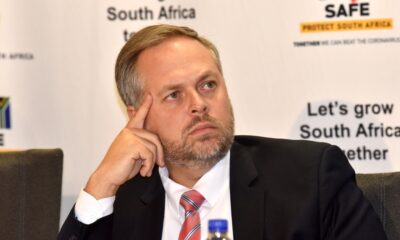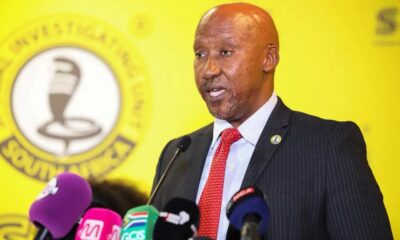News
‘I Don’t Know KT Molefe’: Matlala Breaks Silence Inside Prison Over Tembisa Hospital Scandal

‘I Don’t Know KT Molefe’: Matlala Breaks Silence Inside Prison Over Tembisa Hospital Scandal
Behind bars, under oath, and under fire, Vusimuzi “Cat” Matlala attempts to clear his name.
Sitting in a cramped room inside the Kgoši Mampuru II Correctional Centre, Vusimuzi Cat Matlala faced Parliament’s Ad Hoc Committee with the kind of composure one only learns in prison. Dressed in inmate orange and already fighting an attempted-murder case for which he was denied bail, he had one message he needed on record: “I don’t know KT Molefe.”
The committee, established to investigate allegations raised by KwaZulu-Natal police commissioner Lieutenant-General Nhlanhla Mkhwanazi, is trying to unearth the depth of criminal infiltration, corruption, and political interference in the justice system. And Matlala, willingly or not, has become part of that puzzle.
No friendship, no business ties, but plenty of questions
Businessman Katiso “KT” Molefe’s name has floated around high-profile criminal allegations for years, but it was Lieutenant-General Dumisani Khumalo, from SAPS Crime Intelligence, who escalated the matter when he testified at the Madlanga Commission that Molefe and Matlala were part of a “Big Five” cartel dealing in drug trafficking.
Matlala, speaking calmly while reading from a draft statement, rejected that outright.
Yes, he said, he knows of Molefe, but personal relationship? None. Cartel activities? Absolutely not.
He seemed almost frustrated that his name keeps popping up beside Molefe’s. “I would love to know why,” he told the committee.
The Tembisa Hospital tender cloud
If South Africans weren’t familiar with the Tembisa Hospital corruption saga before, they certainly are now. The scandal burst into national consciousness after the assassination of whistle-blower Babita Deokaran and the Special Investigating Unit’s subsequent findings of widespread procurement fraud.
According to the SIU’s interim report, three companies awarded contracts worth more than R13.5 million were linked to Matlala, a detail the public has not forgotten.
But Matlala insists he did nothing wrong.
He confirmed that his companies had indeed received requests for quotations from the Health Department. That, he says, is all. He added that no law enforcement agency has approached him regarding the Tembisa investigation, though he believes the matter is under active review by either the police or the Investigating Directorate Against Corruption. For that reason, he says he “cannot comment further.”
Still, many South Africans want answers, especially given the SIU’s revelation that three major syndicates were operating inside the hospital’s procurement system.
A checkered past, but is this his crime?
Matlala did not try to paint himself as a saint. He openly acknowledged a prior conviction for possession of stolen property, a case for which he initially received a jail term until it was converted to correctional supervision.
But he maintains that while he has made mistakes, the Tembisa saga is not one of them.
On social media, reactions were split.
Some users argue that too many “businessmen” have been cushioned by the system for too long. Others, more sympathetic, point out that mere mention by Crime Intelligence does not mean guilt. In South Africa’s complicated landscape of politics, policing, and corruption, the lines are blurry and often deliberately so.
Why this testimony matters
The Ad Hoc Committee’s work has become a focal point for South Africans tired of watching major corruption scandals go unpunished. Many see the Tembisa Hospital saga as symbolic of broader rot in the health sector a reminder of how procurement corruption directly harms ordinary people.
Matlala’s testimony, though defensive, adds yet another layer of drama to a story with no shortage of twists.
As he returns to his prison cell and the committee continues its work, one thing is clear:
The truth behind the Tembisa tenders is still buried somewhere between political power, criminal networks, and state institutions too compromised to tell them apart.
And South Africans are waiting.
{Source: IOL}
Follow Joburg ETC on Facebook, Twitter , TikTok and Instagram
For more News in Johannesburg, visit joburgetc.com



























